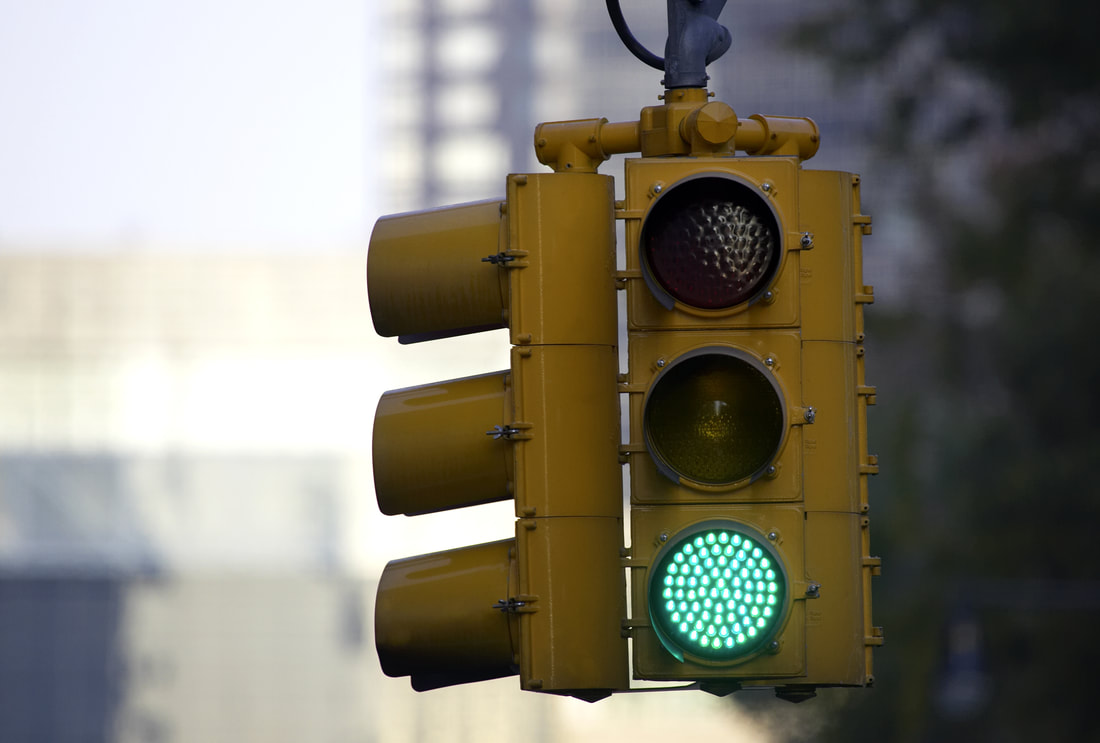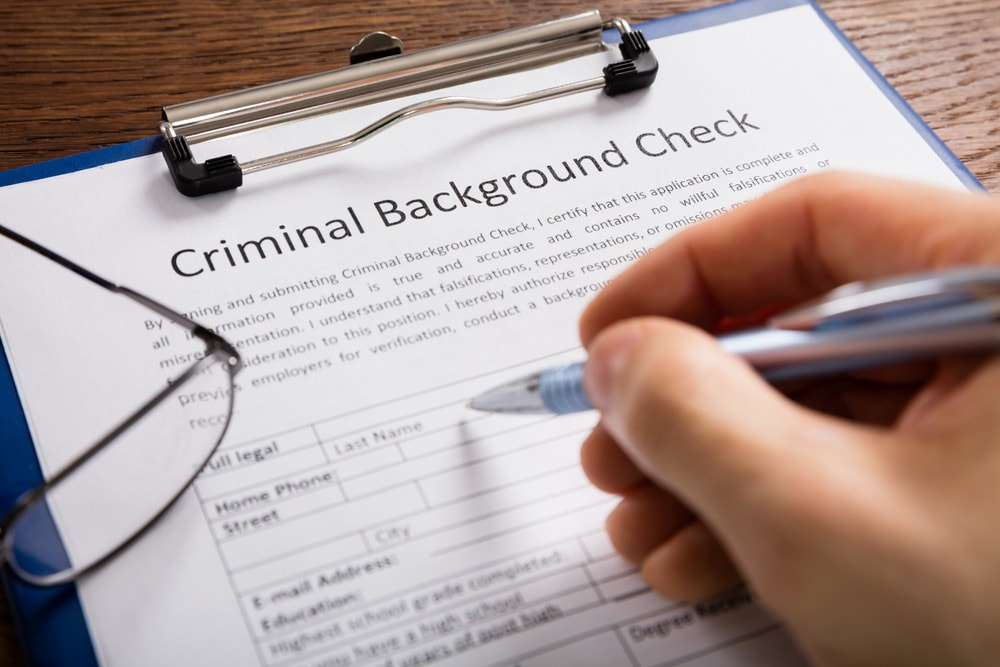|
A background check is a procedure that an individual or a firm uses to verify that they claim to be the one. To validate their authenticity, background checks offer others an opportunity to review the criminal record, schooling, job history, and other individual past activities. One has to undergo a background check when applying for a job or searching for a new apartment. A background check will investigate a candidate's background based on its prospective or current employer criteria. This can include work, education, criminal records, credit history, motor vehicle inspections, and license records. Each type of check discloses different data relevant to that check. To understand what specific searches are being requested, a candidate should clarify the company requesting the background check. Under various cases, there are many distinct kinds of background checks used.
Background checks are a vital part of every hiring process for the simple reason that they keep your workers and your clients secure. We've all seen media reports on workplace assaults. Although these headline-grabbing cases are luckily few and far between, other crimes happen on the job every day. Not only does failing to adequately screen your staff place you at risk of becoming a victim of a crime, but it also puts your organization at risk. You are liable if you hire someone with a history of violent crime, and they injure someone while on the job. But it's important to understand what a background check is and what it consists of before you get started. What Does a Background Check Show? A background check's content can vary depending on the industry, the type of work an applicant is looking for, and the employer's requirements. Standard background checks include criminal records, educational, past work verifications, and reference checks. Such reports can also contain pre-employment drug screening results. The goal of an employer is to feel assured that a recruit will not bring predictable workplace trouble. Different Types of Background Checks Several other forms of background checks can be run on job applicants. A check can involve any combination of the following: Social Security Number Trace: This check shows where a prospective employee has been living and working. It also gives any other names or aliases associated with this person to search during the criminal screen. For any accurate background search, this is the jumping-off point. National Criminal Records Database Search: This is useful to find out if applicants have committed a crime beyond the state or county they live and work in. The National Criminal History Database, also known as the NCRD, contains hundreds of millions of records that can be easily checked. Statewide Criminal Records Check: By obtaining records from the courts, correctional institutions, and law enforcement authorities throughout the state, these tests disclose any felonies or misdemeanors. County Criminal Records Check: Researchers will hone in on exact places where applicants have lived and worked with details from the Social Security Trace. This is one of the most regularly performed searches on background checks. FBI Fingerprint Database: A fingerprint check can show Criminal History Record Information (CHRI) if a match is identified. By regulation, many industries are required to conduct a fingerprint-based background search. This isn't usually the best way to find criminal records, but if you're working in a hospital, daycare, nursing home, banking, driving a taxi, or doing other sensitive work, you may need to apply your prints. Sex Offender Registry: This check will show if an applicant is a registered sex offender. Healthcare Sanctions Report (HSR): These checks are done to see if the applicant has been disqualified from participating in funded programs like Medicare because of an infraction. Terrorist Watch List: This check will cross-reference the list of known or reasonably suspected people engaged in terrorist activity. The FBI's Terrorist Screening Center controls it. Office of Foreign Asset Control (OFAC): This review determines whether an applicant is considered a national security threat. It is held by a division of the US Treasury Department. Driver's License Verification and Driving Records Check (MVR Report): If driving is part of the job, the employer would want a check of an applicant's driving history, including violations, suspensions, accidents, or any other disciplinary action. DOT Employment Verifications: This check is a detailed review. According to federal law, you should only look at the last three years while investigating a Commercial Driver's License (CDL). However, there are no other limitations on the past of employment. The DOT requires particular questions to be asked, and the entire process takes up to 30 days. Credit Report Check: Candidates for financial positions or trusted with Personally Identifiable Information (PII) might be subject to a credit check. This will show any current debts, bankruptcies, monetary judgements, and even payment history. Education Verification: This review ensures applicants don't stretch the facts when it comes to graduation. You can confirm high school, college, advanced degrees, as well as certifications. Employment Verification: Confirming an applicant's preceding employment requires dates, compensation, a justification for departure, and re-engagement. Professional Reference Check: This check involves reviewing with previous employers about an applicant's performance. Professional Qualification Verification: This check makes sure professional licenses are valid. It is appropriate for people in varied fields. Results reveal whether the applicant's license is accurate, the renewal date and if there have been any disciplinary actions filed. How Far do Background Checks Go? Non-conviction records will only be reported for seven years. But there is no limitation on reporting a criminal conviction; however, many states have passed laws stating that Consumer Reporting Agencies (CRAs) like EBI cannot write anything beyond seven years. FCRA compliance is required for any employer using a third party for performing a background check. How Long Does A Background Check Take? There are no rules about how long a background check should take; each piece of the review has its timeline. But if the background check shows no negative records – it should only take two to three days to get a completed report. Many of the reviews are even returned instantly. Following is a breakdown of the timelines of the different types of background checks:
Does the law require a background check? Many sectors require background checks, but it is important to remember that regulations can differ by state. In general, those working in financial roles, healthcare, government, and DOT-regulated jobs with children, the elderly, can all undergo a background check. Even if not required by statute, it is safer to be healthy in these industries, mainly. The chance of a single negligent hiring lawsuit should be adequate to make screening worthwhile. Importance of Background Checks A survey by CareerBuilder showed that one bad hire would cost an employer more than $17,000. The harm to morale and loss of productivity resulting from recruiting the wrong person can have a terrible effect on a workforce, not only is there a monetary cost. To ensure you know who you are recruiting, there are even more expensive explanations. According to the 2016 Global Fraud Report, 5 percent of annual sales are lost by the average company. The US's median loss was $120,000, and in small companies with less than 100 employees, 30 percent of the fraud occurred. The top threats included billing schemes, skimming, non-cash misappropriation, tamper-checking, and corruption. The primary justification is the safety and well-being of your staff and customers. According to the US Bureau of Labor Statistics, more than 550 people were murdered each year from 2006 to 2010. Among those, 77 were murders among different kinds. From 1993 to 1999, an average of 1.7 million individuals were victims of violent crime while on the job, according to the Occupational Safety and Health Administration (OSHA). On the web, there are all sorts of sites out there that say you can search the criminal background of someone in seconds. Those facilities are not appropriate for employment. Proper background checks are complicated; they include scanning the federal, state, and country courts and checking in with the schools of an applicant and past employers. Online systems search databases remotely, which are almost always incomplete. Having an actual human being scour court records is the only real way to assess whether a work candidate has a criminal record. They do this for several reasons: first, make sure your applicant has the record and see if there was a conviction. Truck driver background checkTrucking and commercial driving companies must follow DOT compliance standards. These standards include periodic reviews of all drivers requiring these reports:
The CERTRAX promise for DOT ComplianceNo one wants to throw out good hire because of mistaken identity or over a dropped charge. Background checks cannot eliminate all workplace harassment, and it cannot guarantee that any involvement is the best match. Still, it can go a long way to ensure that you make the best possible educated hiring decisions. CERTRAX can help you create and implement the right background screening solution for your business. Get started on yours today.
Your comment will be posted after it is approved.
Leave a Reply. |
|
|
Phone
+1 (408) 608.9871 |
Address
1525 McCarthy Blvd, Suite 1133,
Milpitas, CA - 95035, USA |





6/9/2020
0 Comments